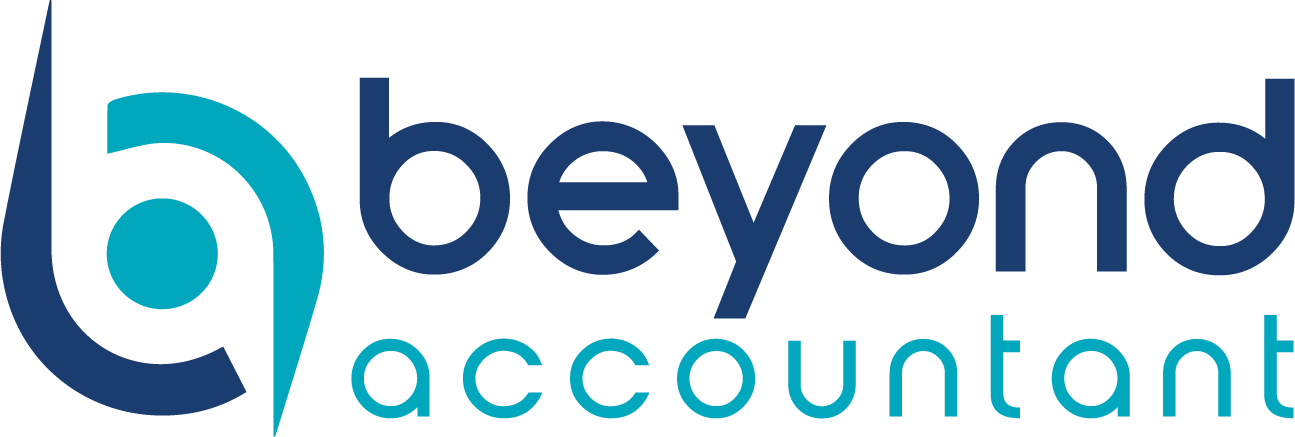Monday - Friday: 8AM - 3PM

Starting a new business is an exciting and challenging venture. As a new business owner, it's crucial to establish solid tax planning strategies to ensure you maximize savings and maintain compliance with the ever-evolving tax laws. By implementing effective tax planning strategies, you can take advantage of deductions, credits, and tax-efficient structures that will optimize your financial success. Let's explore six essential tax planning strategies for new businesses.
1. Proper Entity Selection:
Choosing the right business entity is critical for tax planning. Each entity type, such as sole proprietorship, partnership, limited liability company (LLC), or corporation, has its own tax implications. For instance, forming an LLC provides limited liability protection while allowing you to choose how you want to be taxed: as a sole proprietorship, partnership, or even as an S or C corporation. Assess your business needs, consult with a tax professional, and select the entity that offers the best tax advantages and aligns with your long-term goals.
Example: John wants to start a small consulting business. After analyzing his goals and considering the potential tax benefits, he decides to form an LLC. By doing so, John can take advantage of the pass-through taxation offered by an LLC, reducing his overall tax liability.
2. Track and Deduct Business Expenses:
Accurate tracking and deducting of business expenses can significantly reduce your taxable income. Keep detailed records of all business-related expenses, including office supplies, marketing costs, travel expenses, and utilities. By properly documenting and categorizing these expenses, you can claim deductions that are applicable to your business.
Example: Mary, a freelance graphic designer, tracks her business expenses meticulously. She deducts the cost of her design software, computer equipment, and even a portion of her rent for her home office. As a result, Mary significantly reduces her taxable income, saving her money when tax season arrives.
3. Take Advantage of Tax Credits:
Tax credits are powerful tools for reducing your tax liability. Unlike deductions that reduce your taxable income, tax credits directly decrease the amount of tax you owe. Familiarize yourself with available tax credits that apply to your business, such as the Research and Development (R&D) credit, the Small Business Health Care Tax Credit, or the Work Opportunity Tax Credit (WOTC). These credits can help lower your overall tax bill and increase your savings.
Example: XYZ Company conducts extensive research and development activities to innovate its products. By claiming the R&D tax credit, XYZ Company can receive a credit for a portion of its qualified research expenses, ultimately lowering its tax liability and freeing up capital for further business development.
4. Plan for Estimated Taxes:
Tax credits are highly effective means of diminishing your tax obligation. In contrast to deductions that lower your taxable income, credits directly decrease the actual amount of tax you are required to pay. Take advantage of the various tax credits accessible to you, such as the Child Tax Credit, Earned Income Tax Credit, or Energy Efficiency Tax Credits, in order to optimize your potential savings.
Example: ABC Corporation consults with a tax advisor and estimates its tax liability for the year. The company establishes a separate account to regularly set aside funds for quarterly estimated tax payments. This proactive approach allows ABC Corporation to meet its tax obligations without negatively impacting its cash flow.
5. Consider Retirement Plans:
Retirement plans not only secure your future but also offer tax advantages
Explore retirement plan options such as Simplified Employee Pension (SEP) IRAs, Solo 401(k)s, or SIMPLE IRAs. These plans allow you to contribute pre-tax or tax-deductible funds, reducing your taxable income while preparing for your retirement.
Example: Sarah, a self-employed photographer, opens a Solo 401(k) plan for her business. She makes regular contributions to her retirement account, reducing her taxable income. Additionally, any earnings on her investments within the Solo 401(k) grow tax-deferred until she withdraws the funds in retirement.
6. Seek Professional Guidance:
Seeking professional guidance from a tax advisor or CPA is crucial for new businesses. A tax professional can provide valuable insights tailored to your specific business, help you stay compliant with tax laws, and identify additional tax-saving opportunities that you may not be aware of.
Example: Tom starts a new e-commerce business and collaborates with a tax advisor specializing in online businesses. The tax advisor guides Tom on structuring his business, managing sales tax compliance, and identifying eligible deductions. With the help of the tax professional, Tom can optimize his tax planning strategies while focusing on growing his business.
Implementing these tax planning strategies for your new business can lead to significant savings and ensure compliance with tax regulations. Remember to consult with a tax professional who can provide personalized advice based on your unique circumstances. By taking proactive measures and staying informed, you'll maximize your tax benefits and set a solid foundation for your business's financial success.

Vugar approaches his business like he does his family. A problem solver since he was a kid, Vugar enjoys putting your financial puzzle pieces together in a way that reduces your taxes and creates more significant returns on your investments. Vugar’s book Digital Transformation, A Threat or Opportunity for Small Business focuses on helping small businesses with digitalization.




